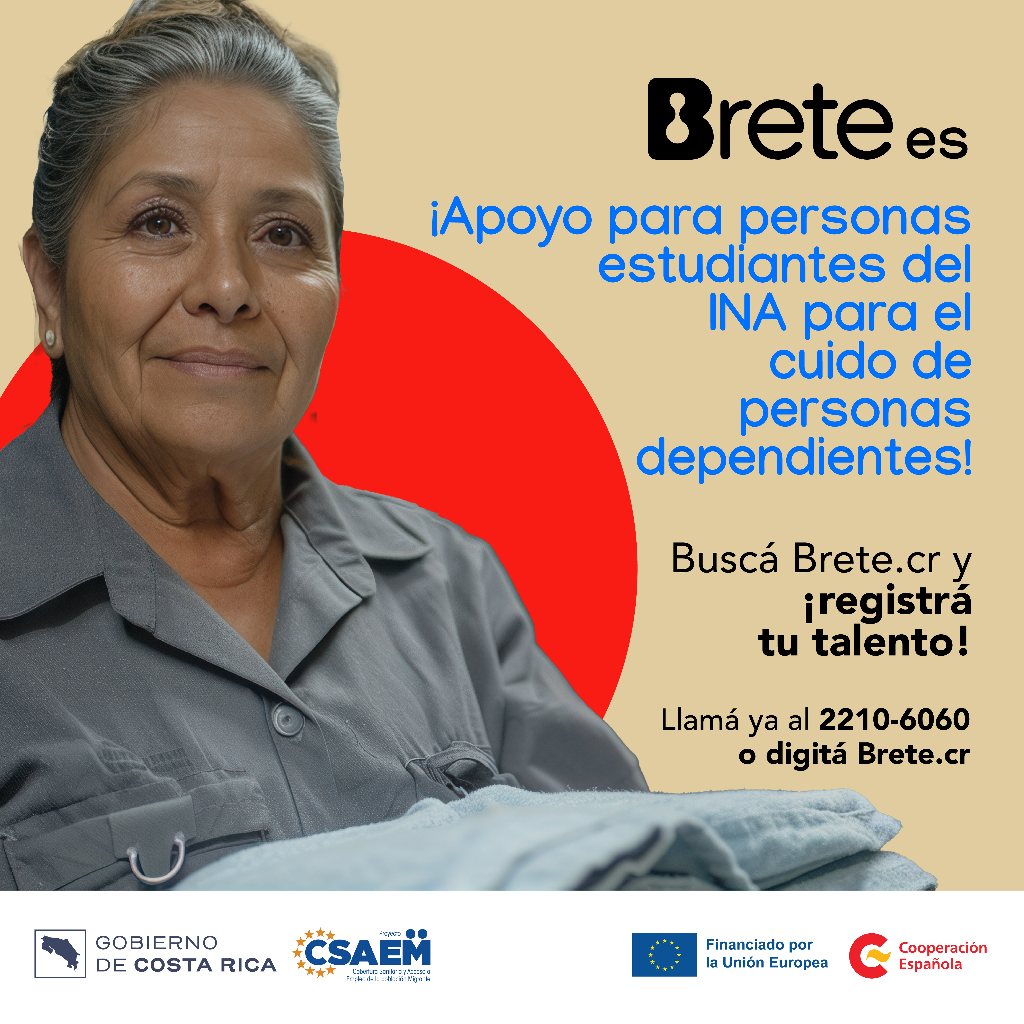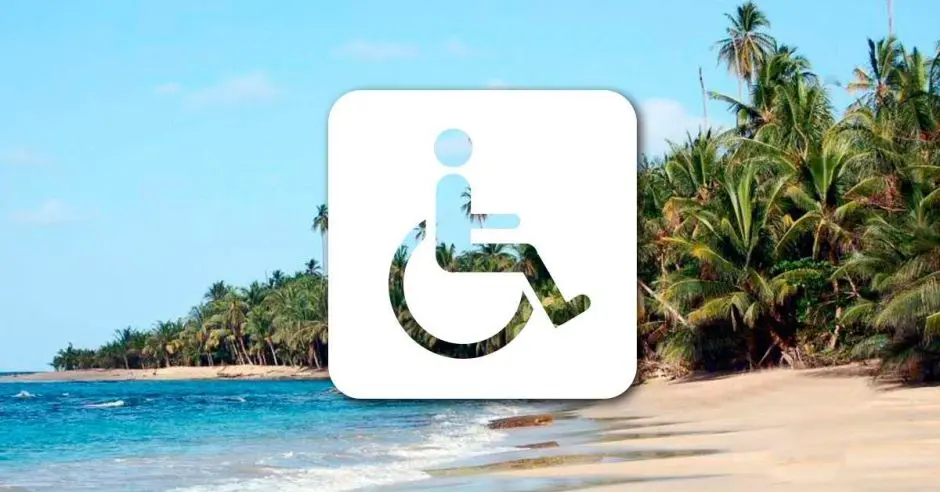AERIS, as interested manager of the Juan Santamaría International Airport (AIJS), launched an initiative to call to avoid the extraction of shells from the country’s beaches, because this situation puts marine ecosystems at risk.
For this reason, together with strategic allies, leads the “Welcome to Costa Rica” campaign, protect nature, with the purpose of raising awareness among tourists during the high season, which extends until April.
Very proud
“We are proud to be the main gateway to Costa Rica, and we want to ensure that every traveler has a positive impact on the environment. At AERIS, we join our efforts in this awareness campaign, which aims to urge all tourists to contribute to the preservation of our beaches. Protecting biodiversity is not only essential for sustainable tourism, but also for the well-being of local communities and ecological balance,” said Ricardo Hernández, general director of AERIS.
The campaign, promoted by the interested manager, has the support of different companies that take the message to important tourist spots. The participating organizations are: MarViva Foundation, the National Chamber of Tourism, the Costa Rican Chamber of Hotels, the Chamber of Rural and Community Tourism, the Costa Rican Association of Tourist Guides (Acoguitur) and the Association of Naturalist Guides of Drake Bay (Aguinadra). Likewise, the influencer Lily Cabezas participates, who focuses on creating content on environmental issues.During 2023, a total of three tons of shells (3,088 kilograms) were removed from passengers who transited through the country’s main air terminal.
“At AERIS we are committed to constantly developing initiatives to conserve shells in their natural habitats. Therefore, we encourage tourists visiting beaches to leave these organisms where they belong to allow them to continue playing their important role in the marine ecosystem. At the same time, we call on them to enjoy it responsibly and sustainably,” commented Adriana Bejarano, head of Environment, Health and Safety at AERIS.
Illegal wildlife trafficking
In Costa Rica, the extraction of these and other natural resources is considered illegal wildlife trafficking. For this reason, the alliance aims to show tourists the damage that these practices cause to the environment.
Once this marine material is extracted, it is very difficult to return it to its ecosystem. Given this, under a strict protocol established by the Regulations to the Wildlife Conservation Law, with the approval of the National System of Conservation Areas (SINAC), the AERIS environmental team is in charge of collecting the shells to later arrange them in the soils, this due to their high levels of calcium. The implementation of the protocol is duly supervised, in accordance with environmental standards.
Key resources in the ecosystem:
- The skeletons can be used by birds to build their nests.
- Some fish use them as a hiding place, or as part of their diet.
- Hermit crabs use snail shells as shelter and home.
- They stop seaweed when there is an excess of said organism.
- They control beach erosion.
- They form the white beaches.
- When the shells are destroyed over time, they become nutrients for other organisms, or are incorporated into the sand.
- They provide calcium carbonate that keeps ecosystems stable, providing food for some animals and plants.
- They are substrate for marine organisms such as sponges, algae and aquatic plants.

Source link
Beleida Delgado



